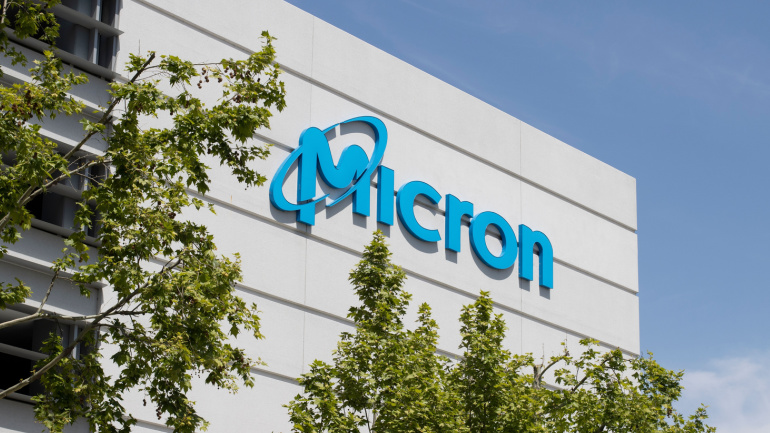In a pioneering initiative, passengers traveling on a high-speed rail route in Southern China are now enjoying faster and more reliable 5G connectivity, thanks to the innovative use of digital twin technology. ZTE and China Mobile’s Yunnan Branch have collaboratively developed a detailed 3D model of the railway’s surrounding infrastructure, significantly enhancing network performance along the challenging terrain of the KunchuDali railway.
Telecommunications giant Kirin partners with Chinese auto manufacturer Dongfeng, aiming to innovate in ‘new energy’ automobiles. The deal looks to infuse Huawei tech into Dongfeng’s vehicles, sparking curiosity around specifics and outcomes. Voyah, the brand at the center of the deal, ambitiously plans to double their output, leveraging China’s vigorously blooming EV market.
Nepal’s move into 5G has hit a deadlock due to geopolitical tensions, resulting in halted trials. Interestingly, at the heart of the issue is the importation of necessary equipment from Chinese firms amid corruption allegations and international contentions over security. The telecom industry in Nepal fears this impasse may set back tech enhancements, revealing global tensions’ significant impact on local infrastructures.
China’s immense 5G market pulses with new additions, logging nearly 17 million subscribers in August as migrations to advanced telecommunications networks grow. Still, this uptake signifies a dampening speed, attributed to the top trio: China Mobile, China Unicom and China Telecom, seeing a fall in new users compared to prior months. Abstract figures of network utilization and the quality of reception, however, leave much to be unraveled. The niche player, China Broadnet, despite a recent debut, experiences stiff competition, highlighting the difficulty of penetration amidst dominant forces.
With Vodafone’s pending merger with Three, concerns mount over potential access to sensitive UK government data by foreign entities, chiefly China. Unite the union has issued a report detailing alleged connections between Three’s controlling CK Group and the Chinese government, raising concerns over integrity of communications within governmental public sector clients served by Vodafone including the NHS and Ministry of Defence. Is the potential for this large scale data breach being overlooked? T
The unveiling of Apple’s four new iPhone models sparked a surprising underwhelm in the tech community. Meanwhile, debates rose regarding China’s nimble navigation around US tech embargoes, especially regarding iPhone use. No less intriguing were the discussions around Open RAN – tech pioneers revisited this initiative with the UK’s recent efforts to regain Open RAN momentum.
In an unprecedented move, China has taken decisive action against personal data breaches, closing a staggering number of cases while also unveiling draft laws to regulate facial recognition technology. Over the past three years, Chinese law enforcement has effectively shut down 36,000 instances of personal data violations, leading to the detention of 64,000 suspects, as per the Ministry of Public Security. These efforts are part of a broader initiative launched in 2020 to govern online activities, resulting in the seizure of more than 30 million SIM cards and 300 million “illegal” internet accounts.
GSMA welcomes China Mobile, China Telecom, and China Unicom to the Open Gateway initiative, aiming to enhance services and boost 5G connectivity through API-driven single access points. Collaboration between operators, developers, and cloud providers promises new opportunities and transformative benefits.
China Telecom invests $434 million in a new quantum computing division, joining the growing list of telcos exploring this revolutionary technology’s potential benefits and risks to secure a position in the emerging sector.
China sanctions US chipmaker Micron citing national security concerns, escalating tensions between the two nations. With implications for the IT and telecom sectors, alternatives may emerge from market leaders, fueling ongoing retaliation. How will this play out in the tech industry?













